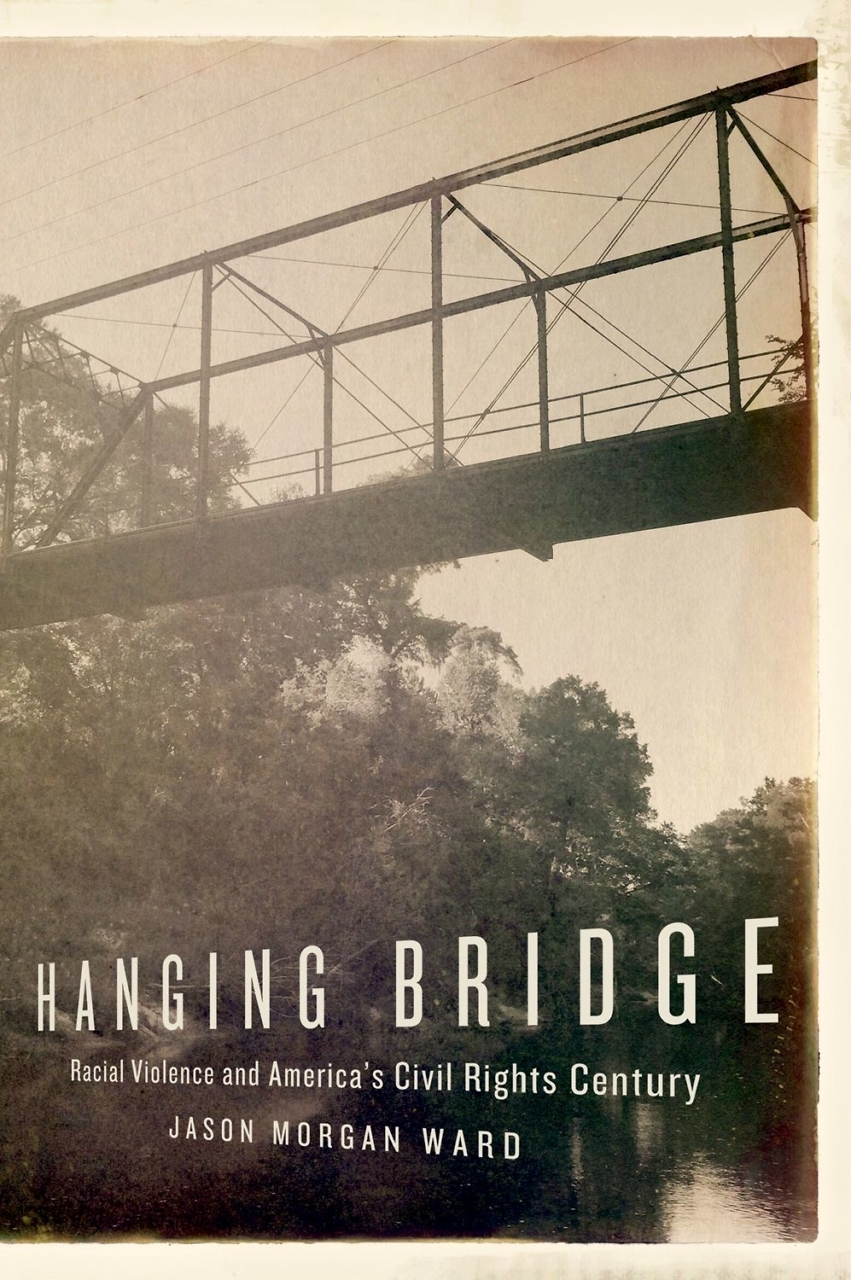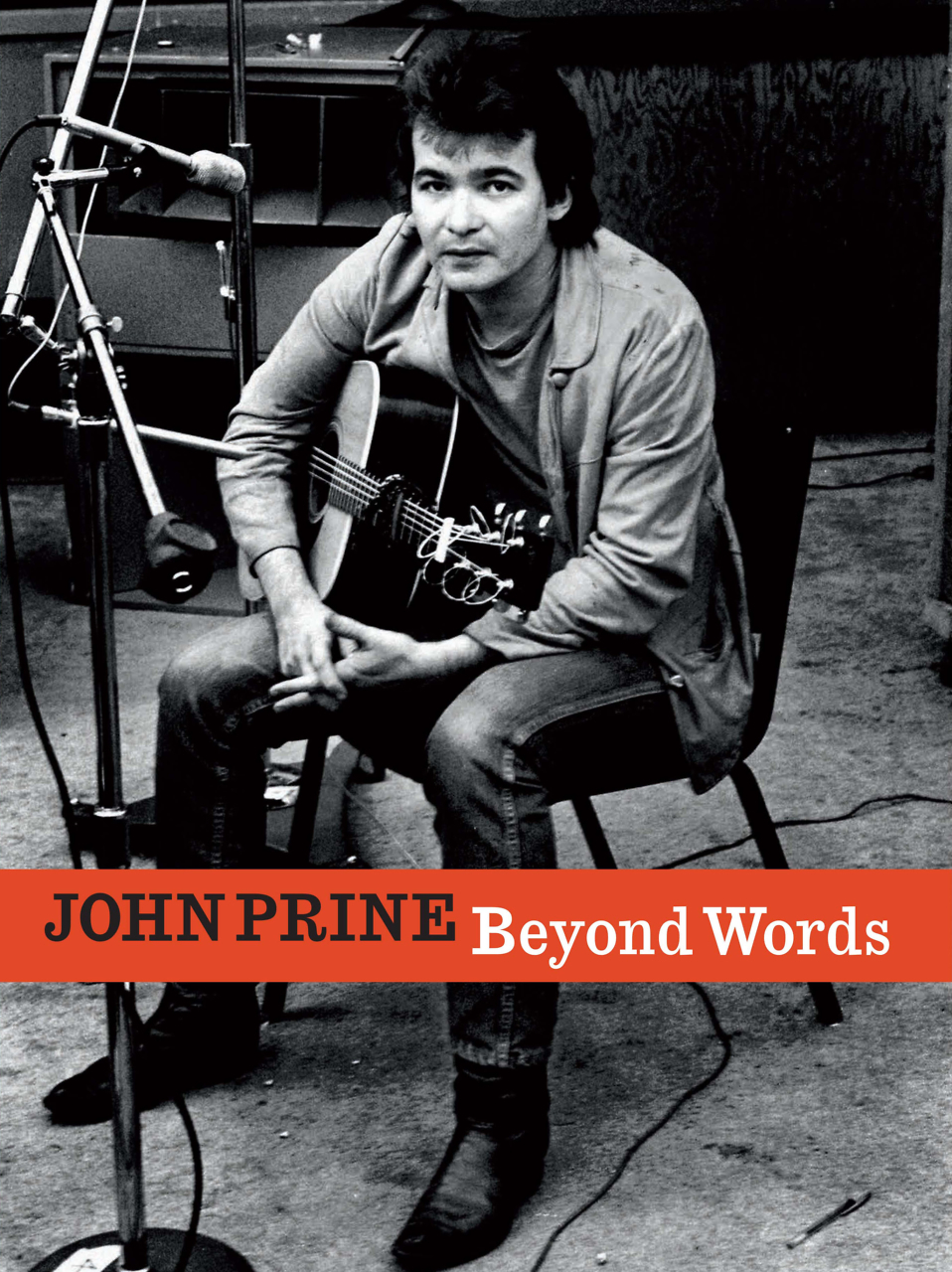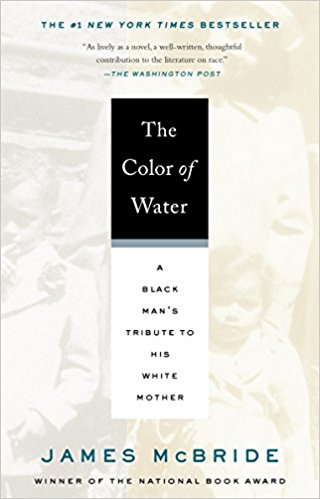Praise Song and Elegy
Margaret Renkl on beauty, climate change, and her literary devotional, The Comfort of Crows
Essayist and New York Times columnist Margaret Renkl brings her keen eye and tender observations to her Nashville backyard in The Comfort of Crows: A Backyard Year. Starting in winter, Renkl seeks — and finds — a remarkable clarity as she moves week by week through each season of a difficult year of change.
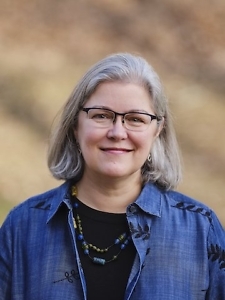
As the world around her tilts, Renkl grounds herself in the natural world of fox, bluebird, and toad, urging her readers to stop and notice the beech trees and the snakeroot, “to consider the deep hollows of the persimmon’s bark, the way the tree has carved its own skin into neat rectangles of sturdy protection.” With the words of Mary Oliver in an epigraph, Renkl reminds us to pay attention in stillness and awe, but equally, she urges action in the face of climate crisis, hope in the face of despair. In noting the changes being wrought all around her, she asks, “Are we all, generation upon generation, destined to mourn what seems in this moment impossibly abundant but is already far on its way to being gone?”
She knows that only those who love this fragile world will work to protect it, noting, “The world is burning, and there is no time to put down the water buckets. For just an hour, put down the water buckets anyway.” The Comfort of Crows is both praise song and elegy — for this world, for time passing, and for the unique chance to experience both.
Margaret Renkl’s previous books are Late Migrations (2019) and Graceland, at Last (2021), and she is the founding editor of Chapter 16. She answered questions by email.
Chapter 16: The Comfort of Crows chronicles a year in your Nashville-area “backyard,” starting in winter, a season you explain has shifted from “least-favorite” to welcome, asking, “Who could fail to embrace a season so beautiful and so fragile?” Are beautiful things always fragile?
Margaret Renkl: They don’t always seem fragile to me, but I suspect they’re always ephemeral. Even beautiful things that appear to be solid and everlasting really aren’t — the mountain will always fling itself into the sea given enough time.
Chapter 16: As a noun, “place” can have at least two meanings: one’s physical location or one’s rank or position. How does turning our attention to a place help us understand our place in the world or in time?
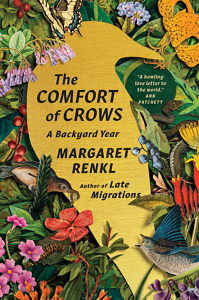 Renkl: For me, the act of paying attention nearly always yields more questions than answers. Often what I think I understand about the world, or myself, begins to seem exactly wrong. Turning my attention to the “place” of nearby nature, for instance, always yields two completely contradictory realizations. In the first, I recognize myself as an intrusion into a cycle in which I am irrelevant, a cycle that is utterly indifferent to me. In the second, I recognize myself as a full participant in a natural cycle that includes and enfolds me.
Renkl: For me, the act of paying attention nearly always yields more questions than answers. Often what I think I understand about the world, or myself, begins to seem exactly wrong. Turning my attention to the “place” of nearby nature, for instance, always yields two completely contradictory realizations. In the first, I recognize myself as an intrusion into a cycle in which I am irrelevant, a cycle that is utterly indifferent to me. In the second, I recognize myself as a full participant in a natural cycle that includes and enfolds me.
I don’t know what that contradiction means, and I’m pretty sure I didn’t answer your question, either, but it’s all I’ve got. I belong to this place. I am alien to this place. Both are true.
Chapter 16: In “Metamorphosis,” you describe the toad habitat you and your brother, Billy Renkl, built as children, explaining, “I am not interested in the plants — or, it must be said, in beauty — but Billy is an artist, and he arranges the plants around a piece of slate.” How has your opinion on beauty changed since then?
Renkl: Billy’s capacity for perceiving beauty is still more comprehensive than mine is, and he is far more interested in beauty for beauty’s sake than I am. In his garden, for instance, extravagant beauty is the central goal, while I am mainly feeding my wild neighbors. At least half the flowers in my garden have “weed” as part of their names, and decades of seeing the world through that lens has formed my concept of beauty. Seeing a bumblebee feeding from a flower’s nectar, or a goldfinch tearing the flower apart to reach its seeds, is what makes the flower beautiful to me.
Chapter 16: Billy’s art accompanies this book, as it did for Late Migrations. How does that creative partnership work for you? How do your two art forms speak to each other?
Renkl: Gardens aside, Billy and I have always had a similar aesthetic, and Billy’s work is often grounded in or inspired by a written text. I urged him to think of the art he was making for The Comfort of Crows as not fundamentally different from the way he would think about making any other body of work that is grounded in the natural world. What he came up with exceeded my wildest hopes. His images aren’t illustrations. They’re works of art.
Chapter 16: You note the circular pattern of the seasons, even as you argue, “This pattern is not a wheel. It is Yeats’ widening gyre. Its center cannot hold.” How has climate change affected your relationship with the land and its creatures?
Renkl: We moved around a lot when I was child, but the woods were always nearby. The creeks were always running, and the birds were always singing, and the toads were always catching moths beneath streetlights. I think that’s part of why I’ve always thought of the natural world as my most reliable home. But the ravages of climate change, among many other human-wrought depredations, have made it very clear that the natural world isn’t steadfast at all. The natural world is in convulsions, and I am in a state of nearly constant grief.
Chapter 16: To love something well is to make yourself vulnerable to its loss, but your book insists on that careful attentive love: “I rejoice in what is eternal, even as I force myself to face what is not, to let my heart be broken again and again and again.” What advice do you have for our younger generation, who might find it all too easy to despair?
Renkl: I hope younger people will tell themselves the same thing I tell myself every single day: Despair never saved a single bird or a single turtle or a single grasshopper or a single toad. It certainly never saved a river or an ocean or a planet. We don’t have time for despair. The natural world needs us fired up and furious and fighting like hell to save it. Despair is for when the battle is lost, and the battle to save this green and gorgeous world is not yet lost. It is nowhere near lost. But it will take everything we have to save it.
[Read an excerpt from The Comfort of Crows here.]

Sara Beth West got fired from her first job. By her dad. Since then, she’s walked away from many other jobs, including nanny, retail worker, farmhand, choir director, teacher, social media manager, and compost truck driver. Most recently, she left a great job as a public librarian. But the one job that keeps following her around is writer. She writes book reviews and conducts author interviews for Shelf Awareness, Chapter 16, Southern Review of Books, and more. She lives in Chattanooga.

